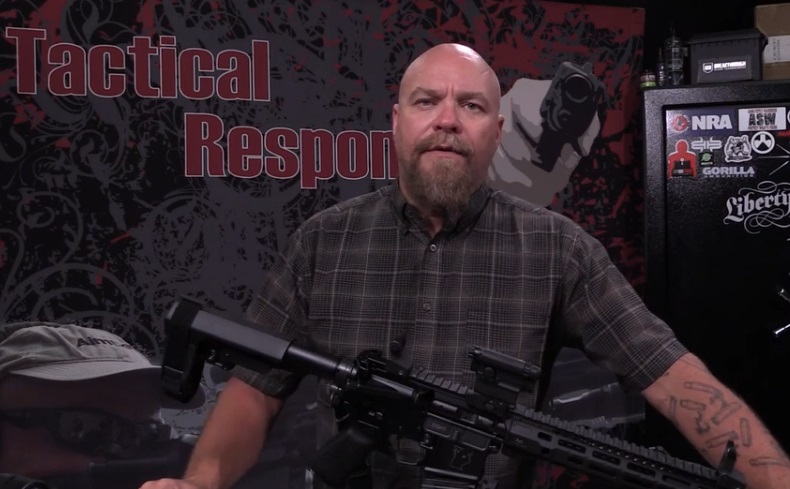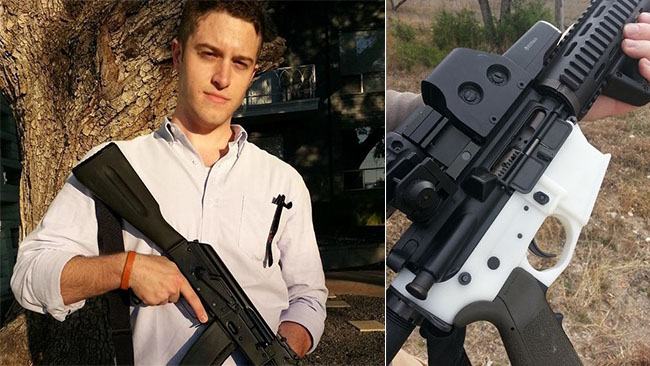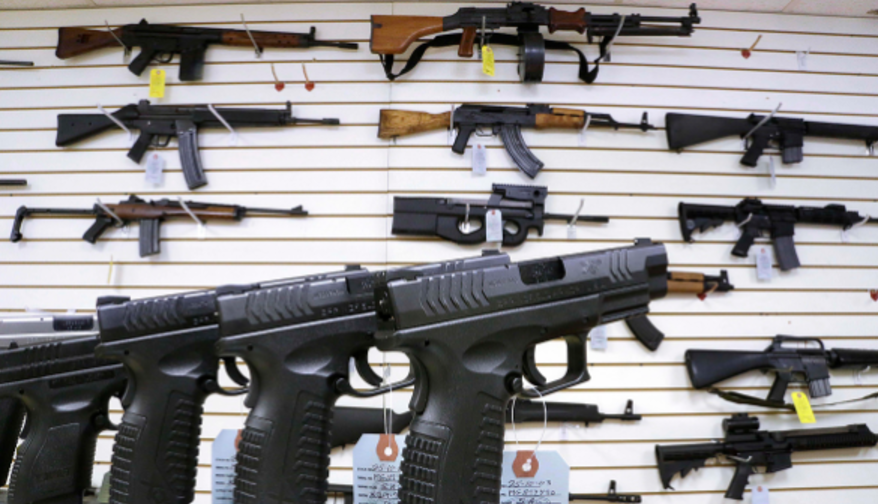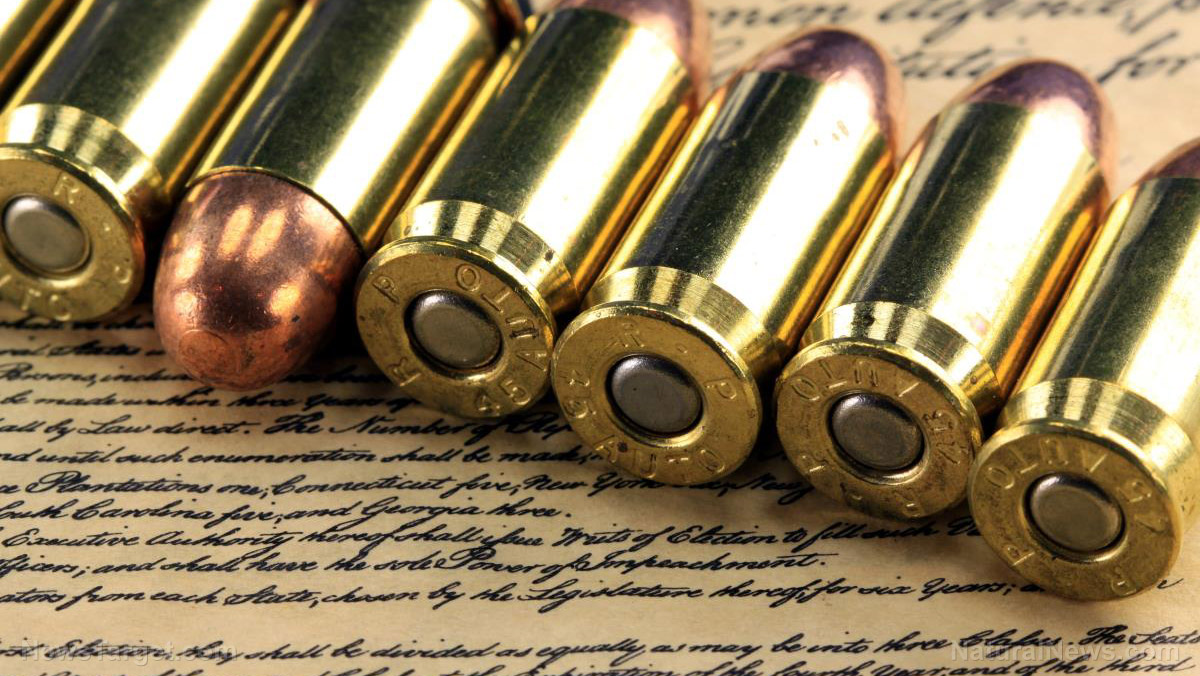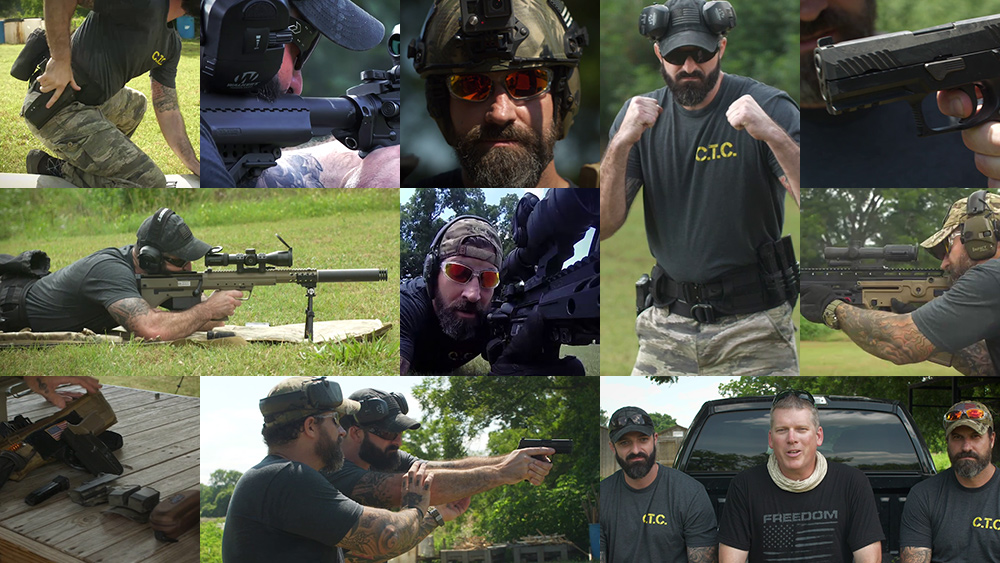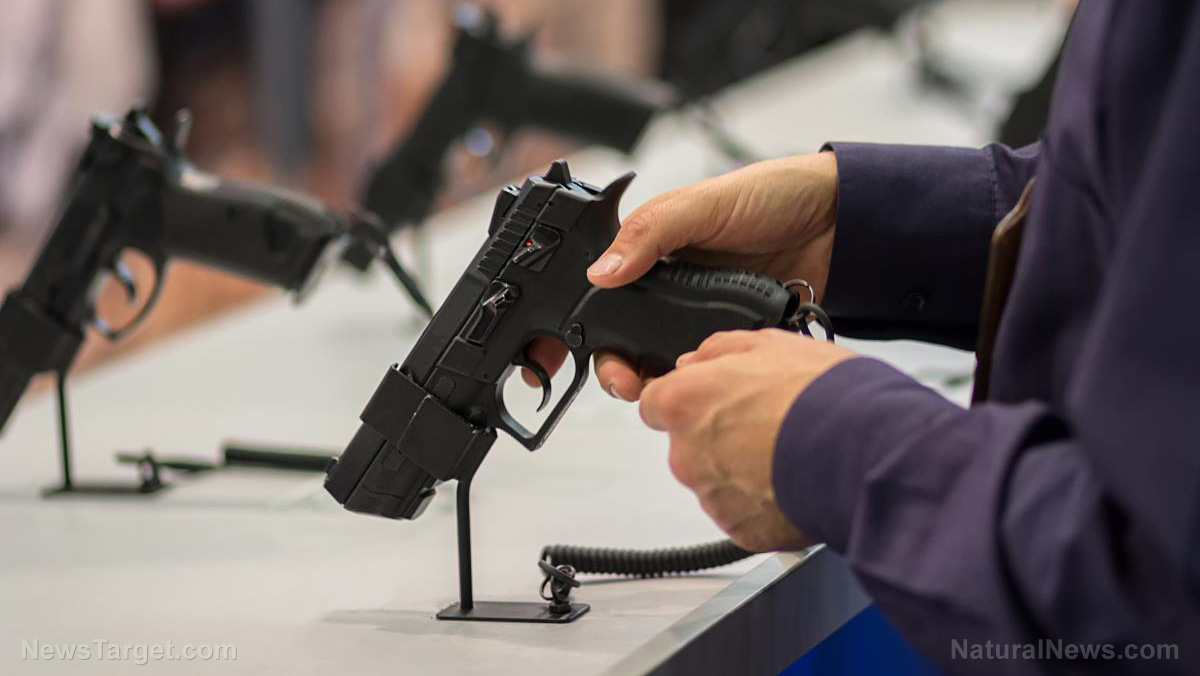USA Today admits decentralized, 3D-printed firearms will make gun control obsolete… and they can’t stand it
08/13/2018 / By Vicki Batts

Will the emergence of decentralized, 3D-printed guns render government gun control efforts useless? Even USA Today admits that once the federal government is unable to control who makes guns, controlling who owns them will become a much more difficult task, nay an impossible one.
For liberals, the idea that gun control may soon become obsolete is no doubt a tough pill to swallow. Though the 3D gun is still far from performing as well as a conventional gun made from metal, there’s little doubt that the printing technology will advance quickly. And when it does, the gun paradigm will be forced to shift along with it.
As USA Today notes, right now, if you wanted to buy a gun from a commercial dealer, you’d have to submit to multiple criminal and mental health background checks. Then you’d eventually get to go home with the serialized, traceable firearm of your choosing.
For people who decide to build and assemble their own weapon, however, things are a little bit different: There are no background checks, and there is no serial number. In California, legislators passed a bill which requires home gun-builders to apply for a serial number and undergo a background check. But ultimately, enforcing a law like that is impossible. And with 3D gun printing, enforcing gun control efforts could become even harder. However, more outlandish and tyrannical legislation is not the answer.
The 3D gun debate
Cody Wilson, from Austin, Texas, has been at the forefront of the 3D gun debate. Wilson was the first person to successfully fire a 3D-printed gun in 2013 and has been feeling the ramifications of that decision ever since. Wilson shared the blueprints for his printed gun online, prompting a national debate and fierce legal battle — both of which are still ongoing.
“I chose to print the gun. That’s a choice that you can’t back away from. When you’ve got a better idea, you can’t just stay in class all day,” Wilson said. The 30-year-old went on to drop out of law school at the University of Texas to create his own company, Defense Distributed. His goal is to expand the availability of do-it-yourself weaponry; the blueprints for his first gun, called the Liberator, were downloaded 100,000 times before being banned.
The State Department says Wilson broke federal laws on exporting military weaponry — and he sued them right back.
“I will continue to fight anyone who will try to sue me and say that I can’t do this,” he stated. Wilson commented further that “all these authorities, all these powers, they will have to justify why they should have the right to stop me.” He has filed suit against two officials at a federal court in Austin, accusing them of violating his rights by dragging his company “before all manner of far-flung criminal and civil tribunals in an effort to silence the organization.”
Wilson argues that the danger of his blueprints is easily eclipsed by the threat of a government seeking to block free-flowing information under the guise of “safety.”
“If they could build a system that could prevent people from downloading that pistol, it would be far more dangerous and the effects would be far more terrible than that little pistol. Power wants to know everything, surveil everything, absorb everything. This impulse should be checked,” he commented.
Wilson’s concerns seem to fall right in line with the massive wave of censorship overtaking social media. See more stories like this at BigGovernment.news.
Sources for this article include:
Tagged Under: 3-d printed guns, 3-D printing, 3D, freedom, gun control, guns, information control, Liberty, mainstream media, prepping, Second Amendment, self-defense, surveillance







